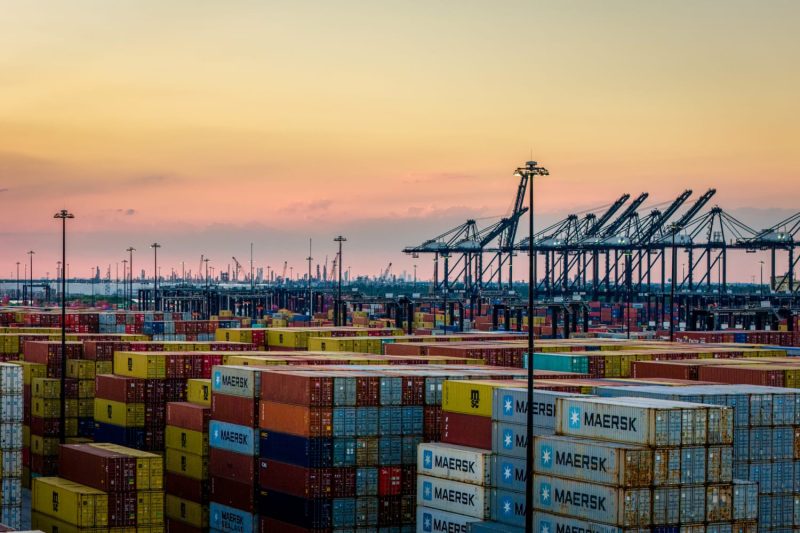
East Coast on Edge: Major Maritime Strike Threat Looms Over Ports
Despite the immense importance of ocean freight for international commerce, a looming shadow hangs over the Maritime industry as the prospect of a major strike looms. This industrial action could see major ports across the East Coast paralyzed, causing significant disruption in the trade and freight industry, as well as a ripple effect in international commerce.
The Maritime industry is the lifeline of global trade, and the East Coast ports play a particularly important role in facilitating this. From New York City to Miami, these ports handle enormous volumes of freight, connecting businesses from the Americas, Europe, Africa, and Asia. A stoppage here could result in significant losses, both in terms of finance and goodwill, across numerous sectors and countries.
The source of the tension is the ongoing dispute between maritime workers and their employers. The maritime workers are represented by a strong labor union that historically has had significant bargaining power. The crux of the disagreements centers around various aspects of workers’ rights and conditions. This includes matters such as wages, health and safety practices, working hours and worker’s benefits. The rise of automation technology in the industry has also added another point of contention within labor negotiations. These technological advances while increasing efficiency and reducing costs, also threatens job security and can lead to decreased wages and increased workloads.
The timing of this potential strike couldn’t be much worse. The world is still grappling with the effects of the COVID-19 pandemic. Supply chains are already stretched thin because of illness, quarantine regulations, increased consumer demand, and widespread labor shortages. The possibility of a strike at the East Coast ports only exacerbates these challenges and could result in shortages of key goods and a potential spike in prices.
It is worth remembering that the Maritime industry isn’t a closed system. The potential strike has serious implications beyond the trade and freight industry. An interruption to the port system would mean delays in getting goods to stores and warehouses. This would impact retailers who might see their stocks deplete, producers who rely on imported materials, and consumers who could experience disruptions of supply in stores or increased prices on certain items.
While we’re focusing on the potential impact on the East Coast ports, a strike could also have potential knock-on effects worldwide due to the interconnectedness of global trade. International partners heavily depend on the delivery of goods from the East Coast, and any disruption can have far-reaching implications.
Likewise, the strike could also impact peripheral businesses at the regional level. This includes freight forwarders, custom brokers, trucking companies and warehouses
